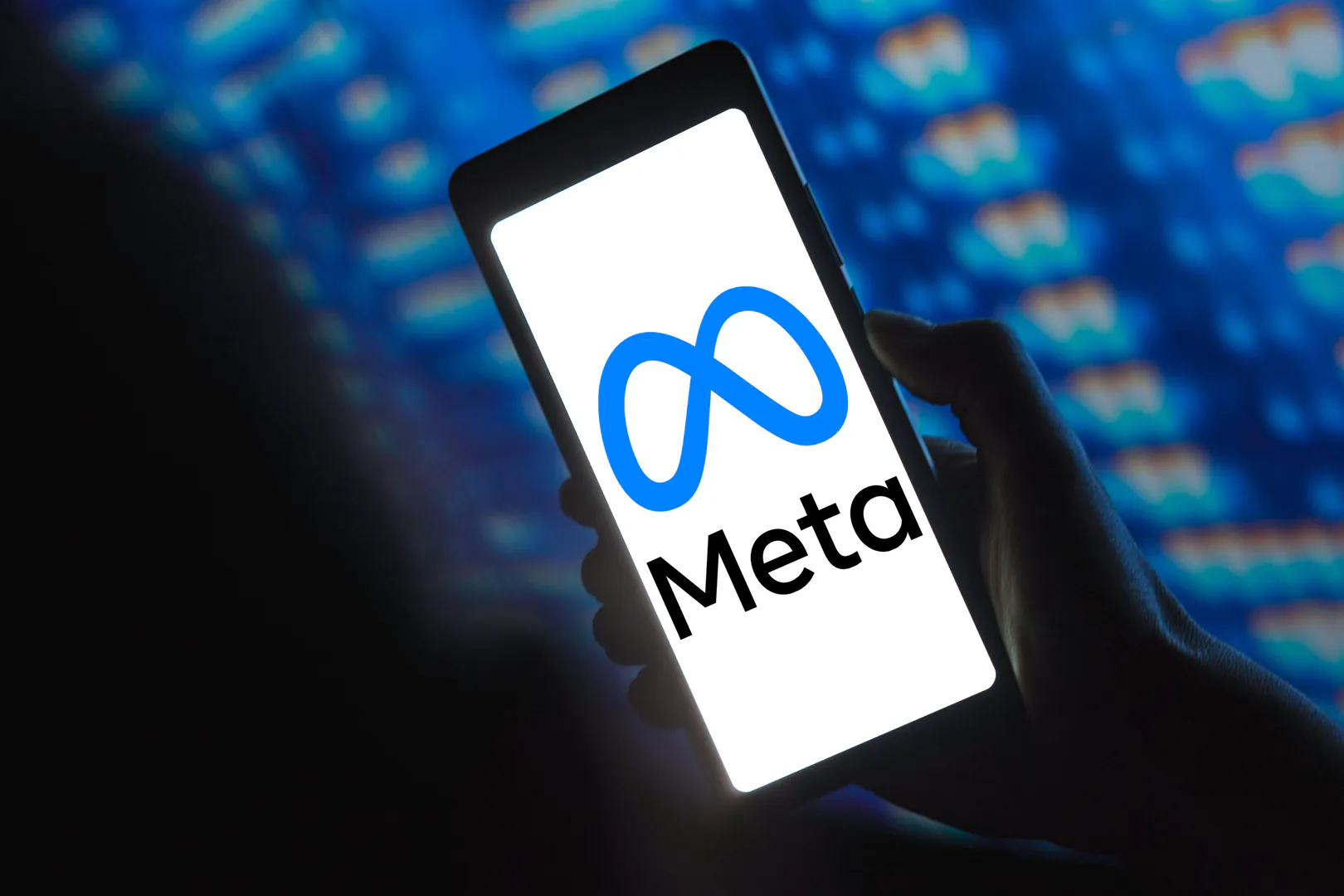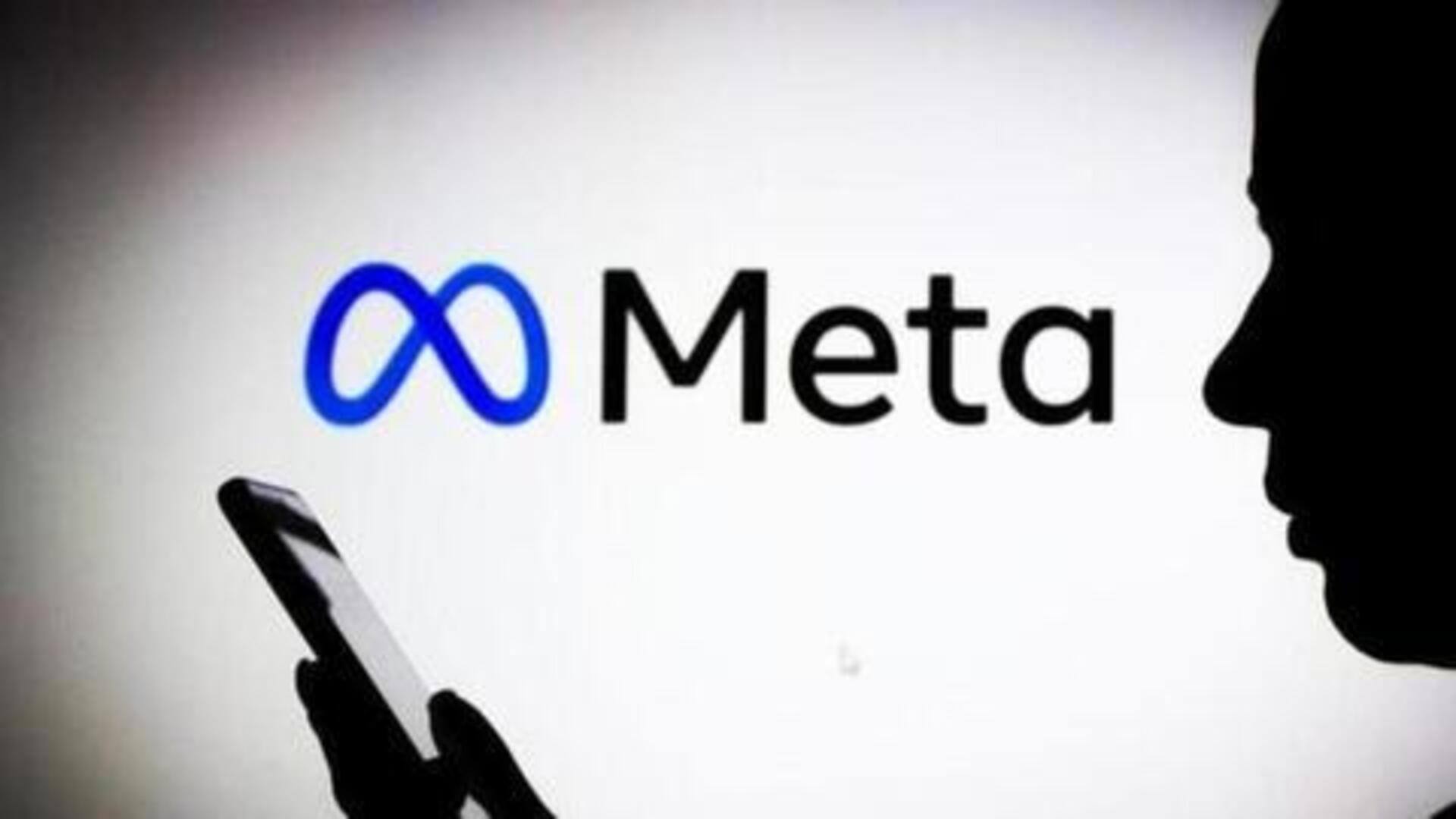Meta Platforms has created smaller, more efficient versions of its Llama 3.2 AI models, specifically the 1B and 3B variants, to run directly on smartphones and tablets. These models are designed to perform up to four times faster while consuming less than half the memory of previous versions, allowing mobile devices to independently handle complex AI tasks that traditionally required data centers.
Meta’s internal tests show that these smaller models maintain performance levels close to their larger counterparts, paving the way for robust AI applications on everyday consumer devices.
The advancement hinges on a compression technique called quantization, which reduces the computational load of AI models. Meta combined Quantization-Aware Training with LoRA adapters (QLoRA) to preserve accuracy and SpinQuant to improve cross-platform compatibility. This innovation addresses a major challenge in AI technology: running powerful AI on devices with limited computing resources.
During testing on OnePlus 12 Android phones, Meta’s compressed models demonstrated a 56% reduction in size, a 41% decrease in memory usage, and over double the processing speed, making them suitable for handling up to 8,000 characters of text, which meets the demands of most mobile applications.

Meta Platforms Launches Efficient AI Models for Smartphones and Tablets Revolutionizing Mobile Applications
This development reflects an intensifying competition among major tech companies over the future of AI on mobile devices. While companies like Google and Apple integrate AI tightly within their operating systems, Meta has taken a different route by open-sourcing these models and partnering with chip manufacturers Qualcomm and MediaTek.
This approach enables developers to build AI applications without depending on Android or iOS updates, effectively sidestepping traditional platform constraints. Much like the open platforms that fueled rapid mobile app development, Meta’s strategy signals a push toward a more accessible and flexible mobile AI environment.
Collaborations with Qualcomm and MediaTek are particularly noteworthy, as these companies produce chips for a large portion of Android phones worldwide. By optimizing AI models for these widely-used processors, Meta ensures that advanced AI capabilities are available on mid-range and budget smartphones, not just premium devices.
This approach could democratize mobile AI by making it more accessible to users in emerging markets, aligning with Meta’s goal to broaden its reach in these regions.
Meta’s decision to open-source its models and distribute them through Hugging Face underscores its intent to establish these compressed models as a go-to resource for mobile AI development. Running AI locally on phones addresses privacy concerns by keeping data processing close to users and enhances real-time functionality.
This shift points to a broader evolution in AI from centralized, cloud-based systems to more personal devices, where sensitive data can be processed privately and efficiently. While challenges persist, such as the need for powerful hardware and competition from other tech giants, Meta’s initiative marks a pivotal move toward making advanced AI more directly integrated into everyday devices.









































